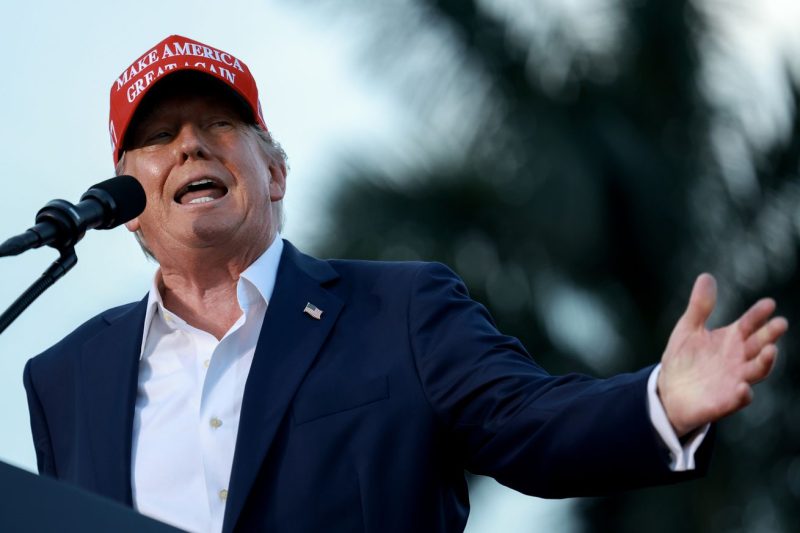Meta Drops Restrictions on Trump’s Facebook and Instagram Accounts
The decision by Meta, previously known as Facebook, to lift restrictions on former President Donald Trump’s Facebook and Instagram accounts has sparked a debate on the role of social media platforms in moderating content and political speech.
Since the suspension of Trump’s accounts after the January 6th Capitol riot, the former president has been vocal in criticizing social media companies for what he perceives as censorship and bias against conservative voices. The move by Meta to reinstate Trump’s access to his accounts signals a shift in the company’s approach to content moderation.
Meta’s decision has been met with both support and criticism. Proponents argue that social media platforms should not have the power to silence political figures, regardless of their viewpoints. They contend that freedom of speech is a fundamental right that should be protected, even when it comes to controversial figures like Trump.
On the other hand, critics of Meta’s decision raise concerns about the potential for misinformation and hate speech to spread unchecked on the platform. They argue that social media companies have a responsibility to combat misinformation and protect users from harmful content, even if it means restricting access to certain individuals.
The debate over Trump’s reinstatement on Facebook and Instagram highlights the complex challenges facing social media companies in balancing free speech with the need to maintain a safe and respectful online environment. As online platforms continue to play an influential role in shaping public discourse, the decisions made by companies like Meta have far-reaching implications for democracy and society as a whole.


























